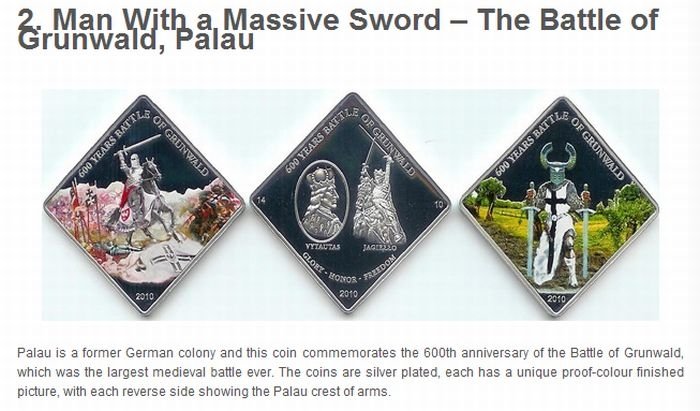|
|
Coins Around The World
|
First coins
Homer used the ox as the base "currency" of goods, for example he valued the bronze armour of Diomedes worth nine oxen, while the golden armour of Glaucus, worth one hundred oxen. As a measure of gold he used the talent, Achilles for example gives half-talent of gold to Antilochus as a prize .
Herodotus states (I, 94) that the Lydians 'were the first to coin in gold and silver'. Aristotle states that the first coins were struck by Demodike of Kyme, of Ancient Greece, who had married Midas, king of Pessinus, and had by him a son named Agamemnon
Some archaeological and literary evidences suggest that the Indians invented coinage, somewhere between the 6th to 5th century BC. However, some numismatists consider coins to have originated ca. 600-550 BC in Anatolia, which corresponds to modern-day Turkey, in particular in the Anatolian kingdom of Lydia. Opponents of the Lydia scenario point to the fact that coins of that era have been totally absent from archeological finds in Sardis, capital of Lydia. A coin, by definition, is an object used to facilitate commerce and exchanges. The proponents of the Lydian Greek coins scenario admit the fact that they were likely not used in commerce or industry. Electrum coins were not standardized in weight and are considered by opponents as badges, medals or ceremonial objects issued by priests, rather than coins (actually the oldest of them have been discovered not in Lydia, but in an ancient Greek temple of Ephesos), a city colony built by the ancient Greeks (modern day Turkey).
|
|









